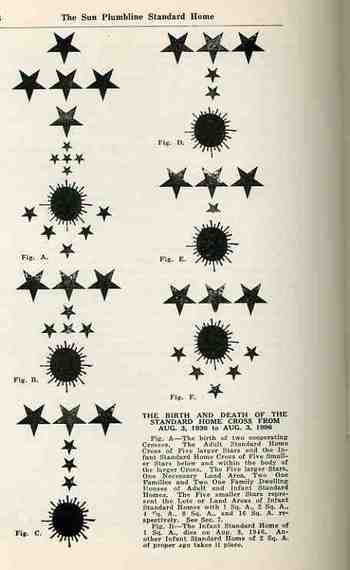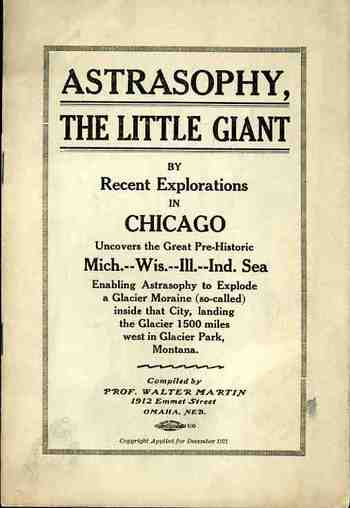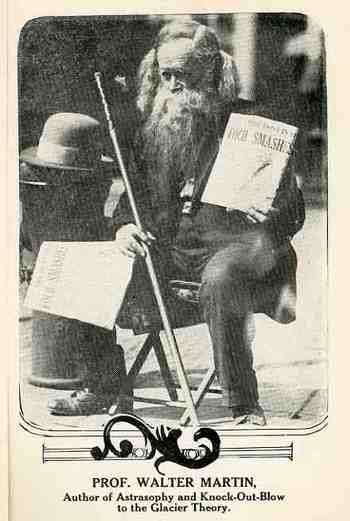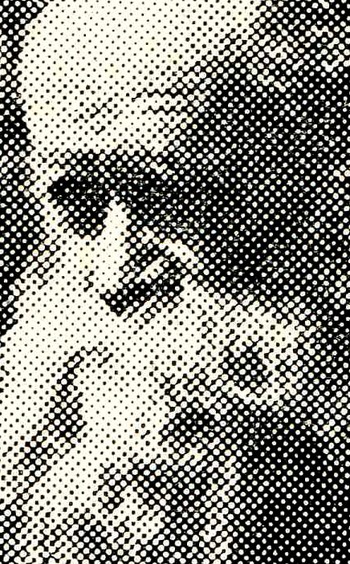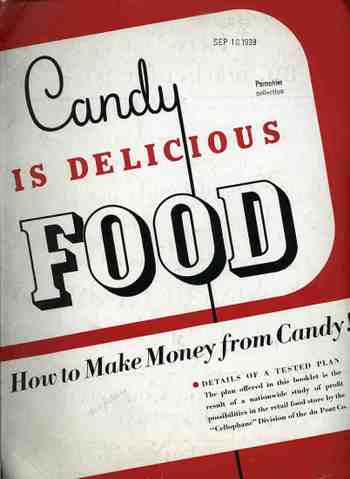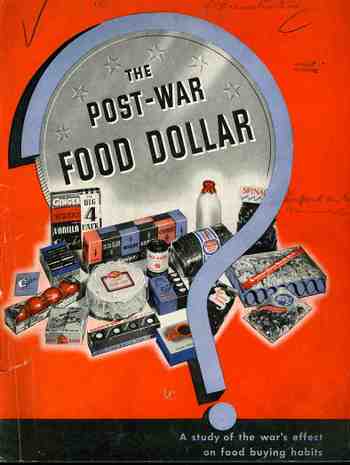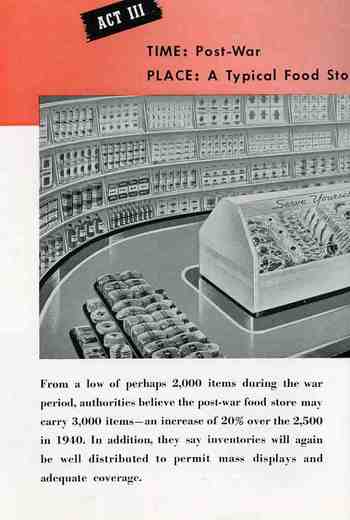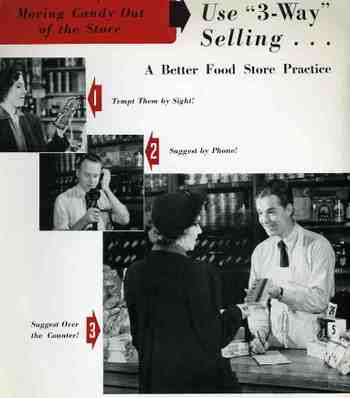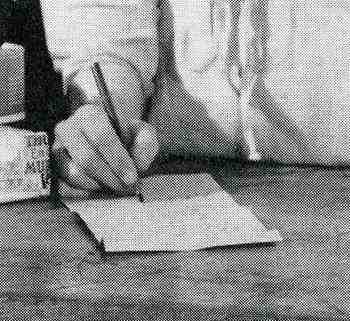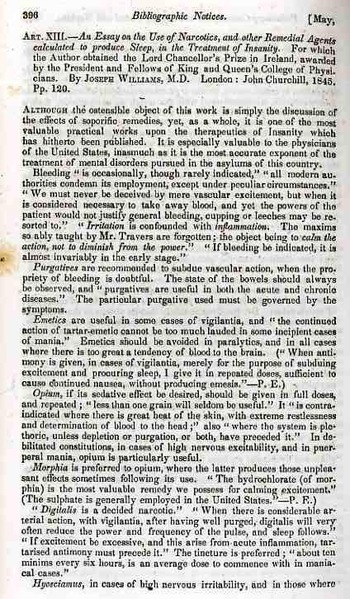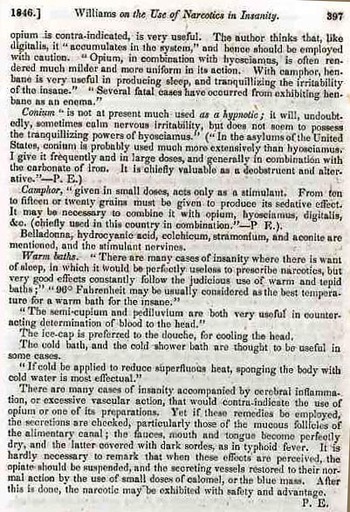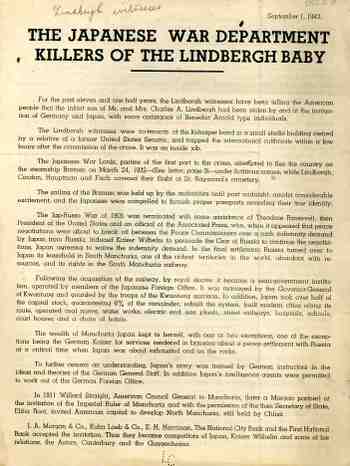JF Ptak Science Books LLC Post 212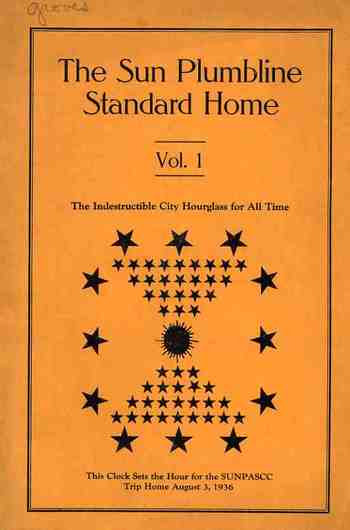
This pamphlet comes from our extensive Naïve Surreal collection, which is composed of (a) pamphlets that were concerned with commonplace ephemera in the past that today looks implausible or impossible, and (b) pamphlets that addressed issues of, shall we, a mostly-internal, very personal, High Imagination that may or may not have been part of the visual world.
This pamphlet, written in 1936 by Arthur Russell Groves, calls for nothing short of the reorganization of the social structure of the United States via systematic adherence to the “Coming Sun Plumbline Standard Hone via the National Constitution”--an idea which came in several parts to Mr. Groves through dreams. The philosophy of the Sun Plumbline etc. is so spectacularly odd that it nearly defies description. (For example, “sun plumbline” is “the absolute perfection of the Standard Home Measure Sunspascc (not misspelled) Trip”, where “Sunspascc” was “the second name of the Tentative Standard Home Amendment, a two-fold meaning of unquestionable perfection and of the journey of life in perpetual sunlight, and consists of the first letter of the following eight words—standard, universal, normal, perpetual, abundant, self-supporting, cooperating, and creating…” Oh dear.
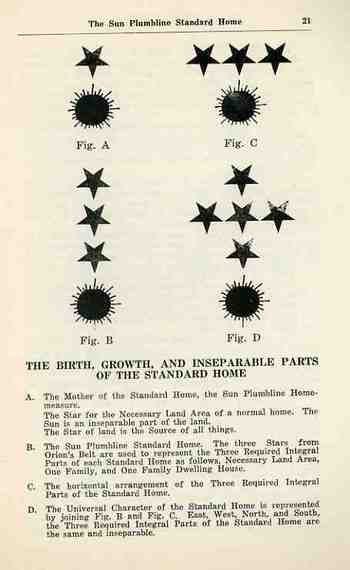
As irresistible as this document seems, its unconnectedness is just far too demanding to allow understanding. One good measure of this: it defies memorization. The pieces and bits that form this work are so logically fractured that quoting from memory would be exceptionally difficult, or hopefully so.
Another interesting bit about this pamphlet is that no matter where you may lose your place when reading it (and which happens often as your eyes easily slide off of the page) you have no idea of where you are, and you can pick up the reading anywhere at all. It is a perfect example of a very interesting sub-set of books: books whose words disappear while being read. You can also read it backwards with little observable difference.
Mr. Groves was definitely, deeply engrossed in this philosophy--my guess is that he was pretty well consumed by it. In his defense I’ve got to point out that he lovingly dedicated his work to his daughters. He undoubtedly had little doubt in his own doubtful visions (one of which was about the letter “S”), and was certainly proud enough and sure enough to honor his daughters with the publication of his work. So, as far out and as deeply removed as his ideas were, the bottom line was that he was still someone’s daddy.
